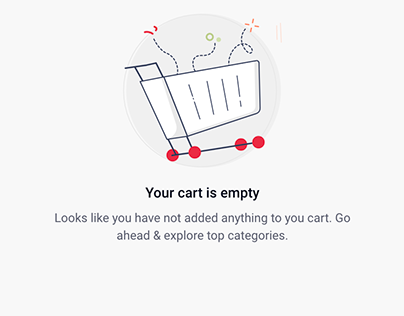About Ecare Products
The recycling facility receives baled & compacted plastic waste (Multi-layered Plastic, LDPE and PP) from the material recovery facilities which is then shredded into smaller particles. The shredded particles are processed through Hot and Cold Press to make plastic boards of various thickness (6 mm to 24 mm) but uniform width and length (i.e. 8 feet x 4 feet), depending upon the requirement. These plastic waste recycled sheets are registered under the brand name 'Ecare'. These Ecare boards are being utilized in multiple applications like construction, developing playing equipment, school stationary products, gifting items, pallets in FMCG segment, planters, home decor items, office desk stationary, tree guards, dustbins, photo frames and many more. The quality & range of these products have been improved with more intensive R&D.
Ecare boards are tested at NABL accredited laboratory for their strengths and possesses following characteristics:
- Water Absorption: 0.19 %
- Tensile breaking load: 20.61 N/mm2
- Screw holding capacity: 139 kg
- Nail Holding capacity: 13.5 kg
- Hardness: 96 Shore A
- Flexural Strength: 24.65 N/mm2


